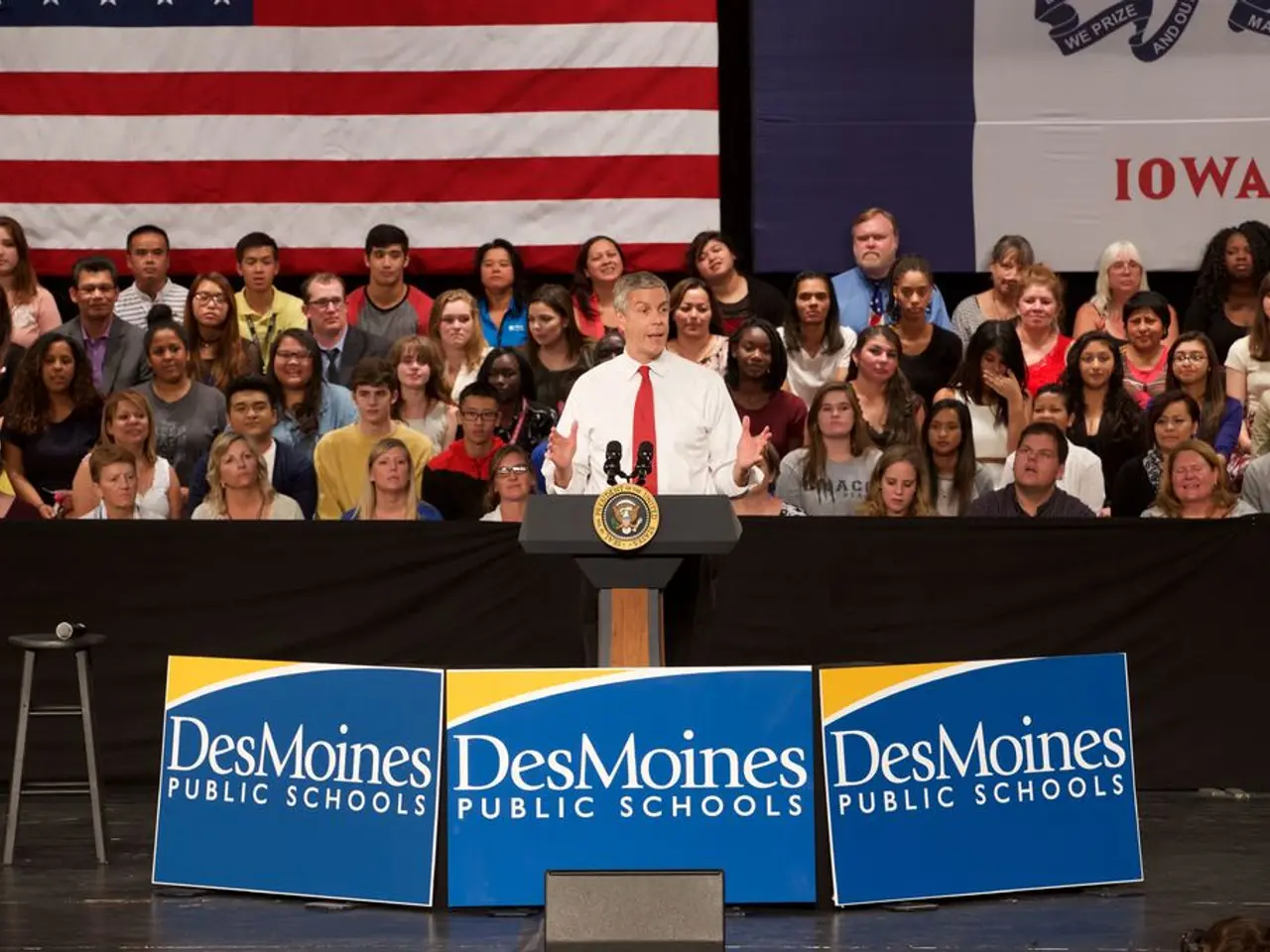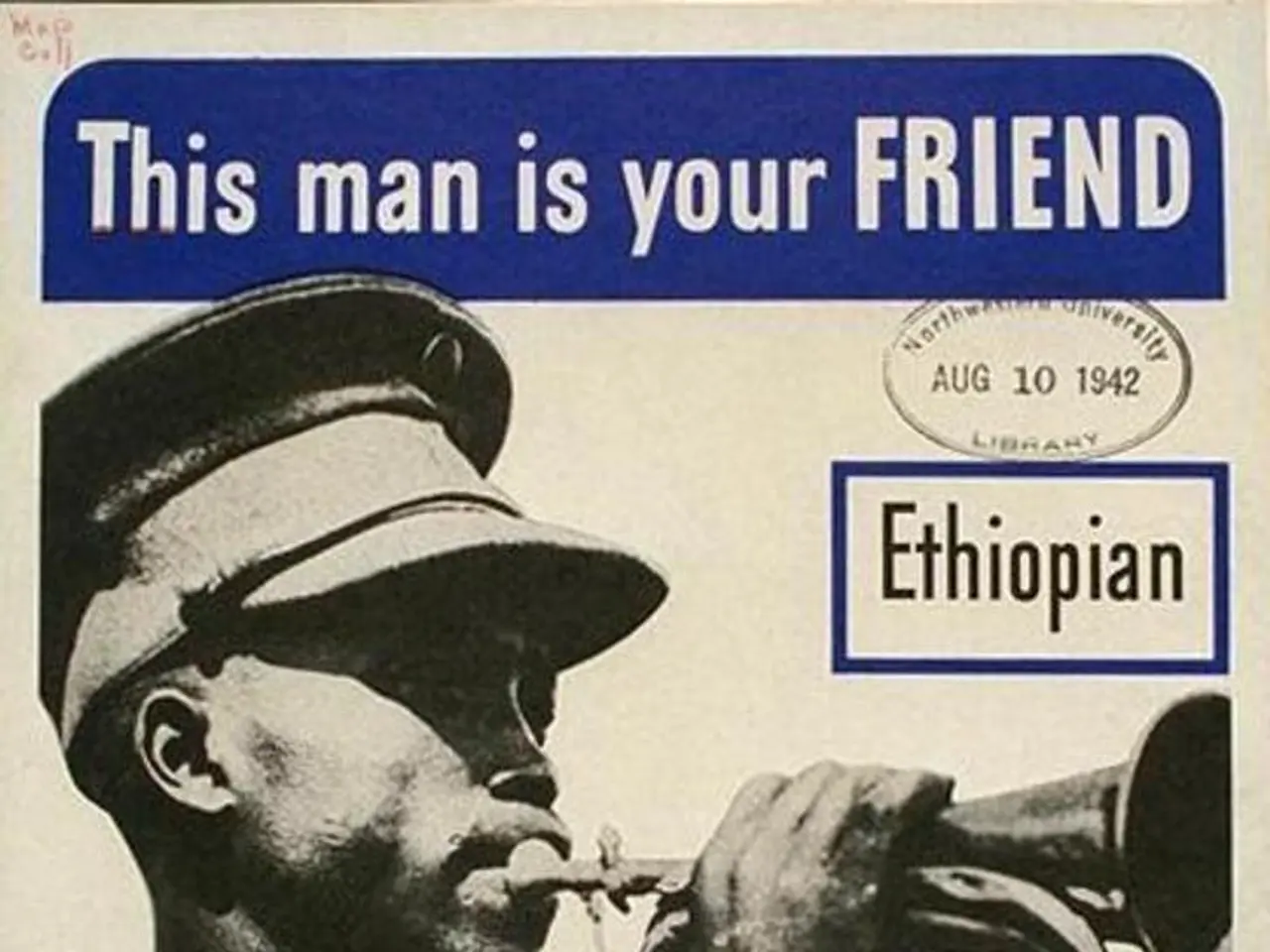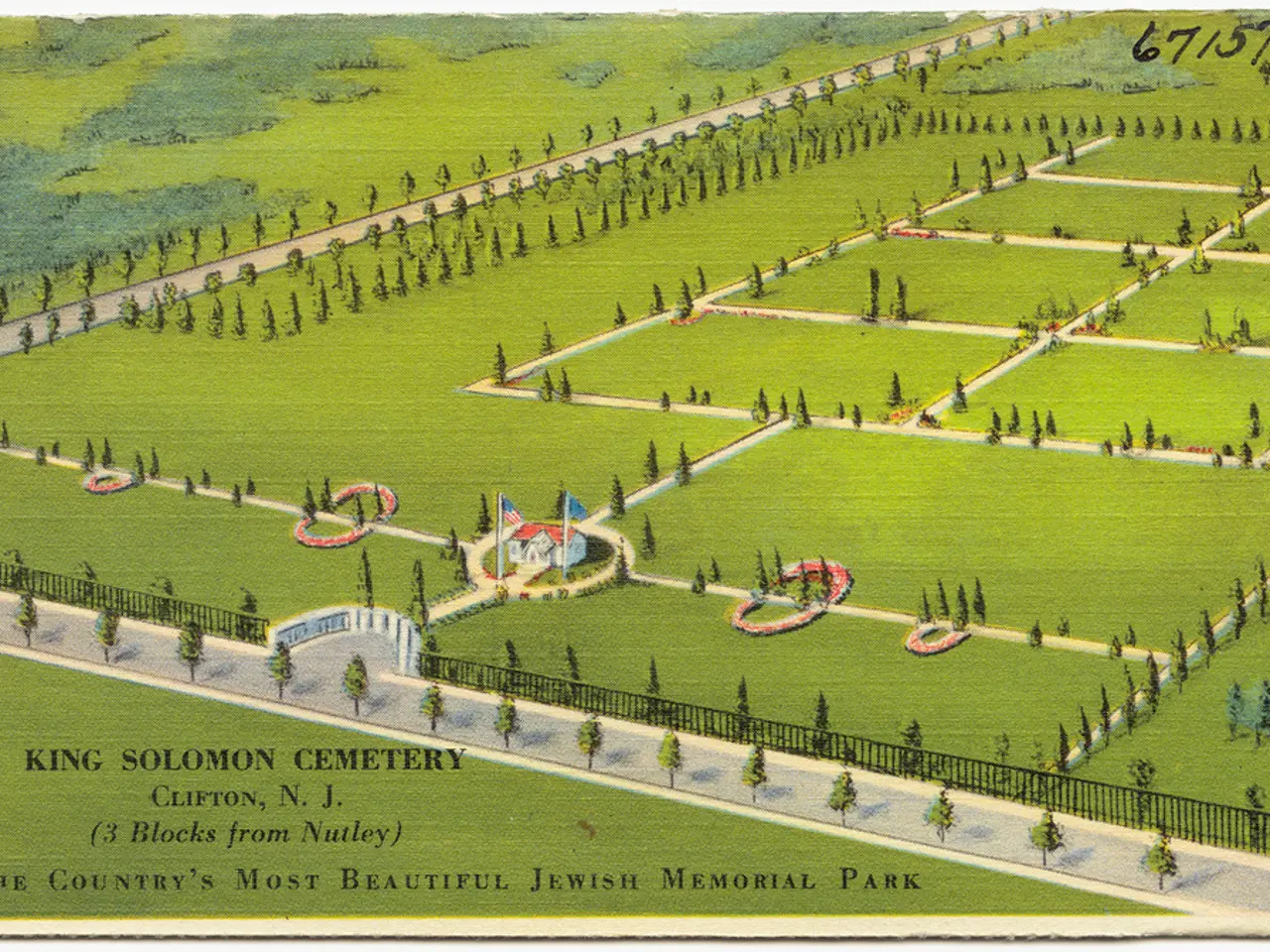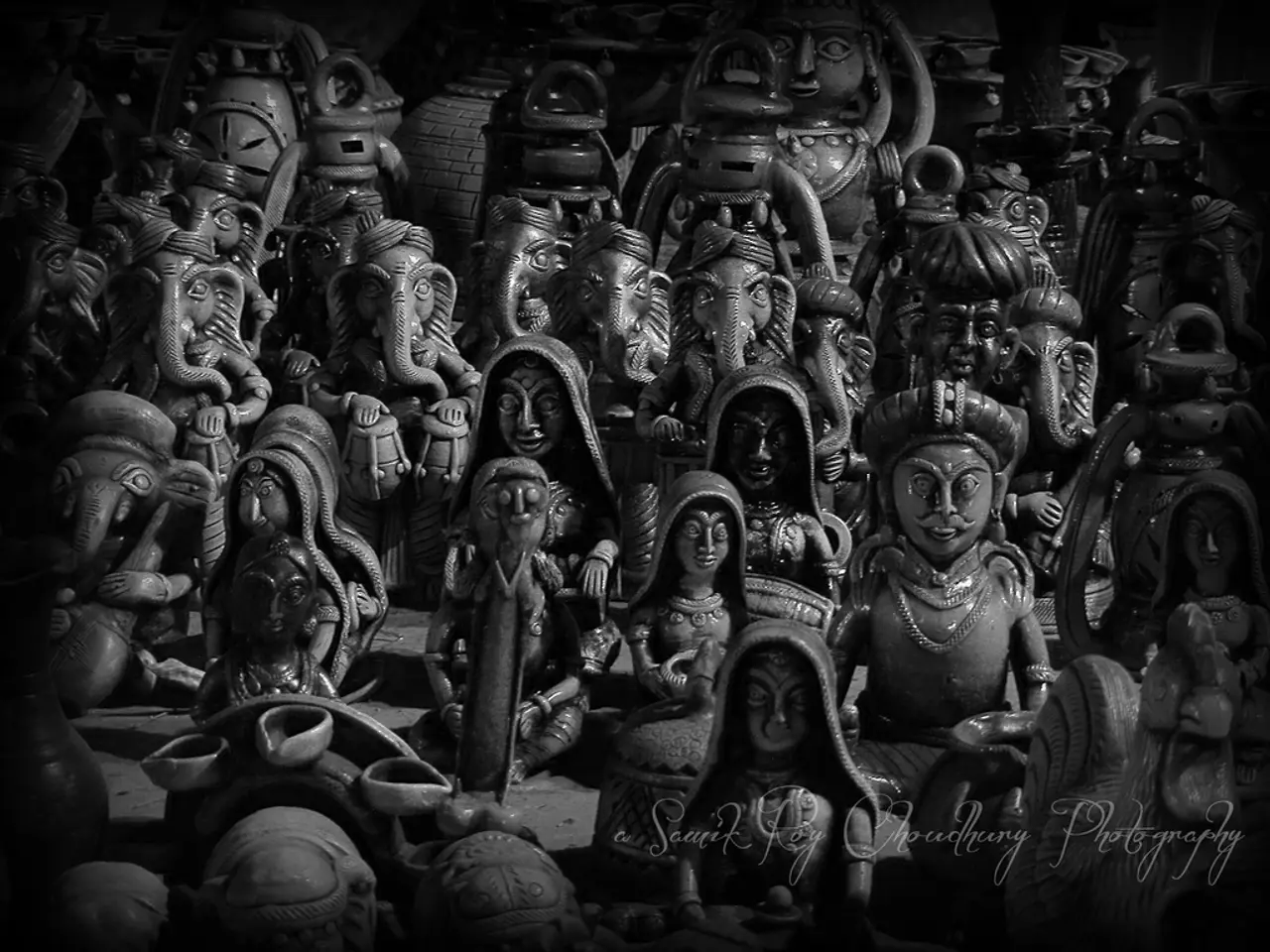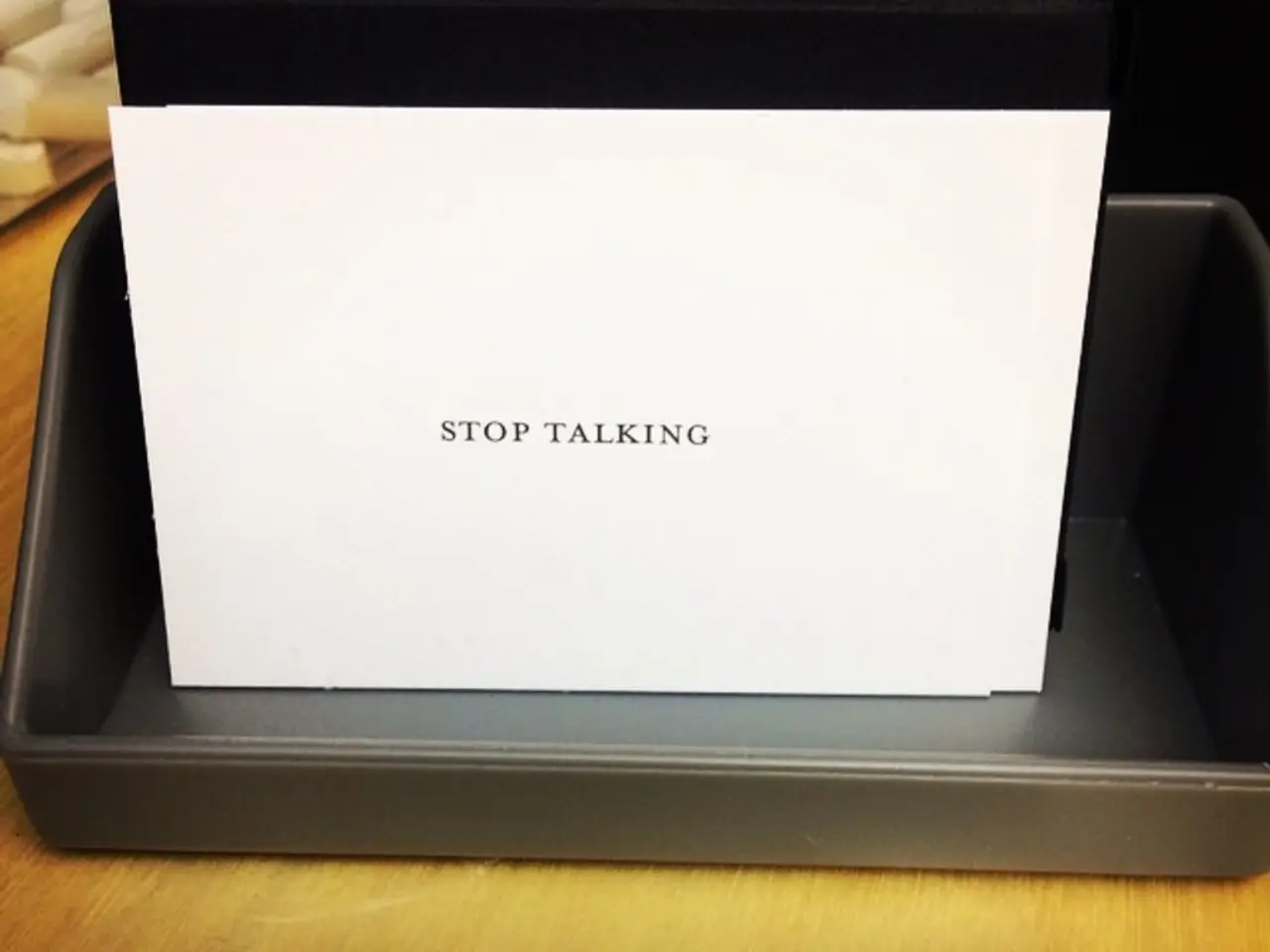Dictator label adopted by Bukele as he abolishes term limits
In the heart of Central America, El Salvador, under the leadership of President Nayib Bukele, has been grappling with significant human rights concerns since the initiation of a state of emergency in March 2022 to combat gang-related violence.
Bukele, known for his casual attire and charismatic communication style, was elected president in 2019, marking a shift from the two-party system that had been in power since the end of the country's civil war nearly three decades earlier. His presidency began with a bold move, as he ordered armed police and soldiers to storm a then opposition-led parliament.
Bukele's approach to crime is characterised by harsh, mass incarceration measures under the state of emergency. This strategy has led to serious violations of human rights protections and has eroded democratic institutions. Over 85,000 arbitrary detentions have been reported, many without due legal process, access to counsel, or fair trials. Documented cases of torture, enforced disappearances, incommunicado detention, and deaths in custody have surfaced, raising concerns about the rule of law.
The administration has also enacted the Foreign Agents Law, imposing strict limitations on civil society organisations and independent media. This move has been criticised for fostering persecution and intimidation of government critics, further undermining democratic freedoms and civic space.
New evidence from survivors and victims' families points to ongoing abuses, including beatings, verbal abuse, and mistreatment amounting to torture or cruel and inhuman treatment, especially in prisons such as CECOT. At least 36 Salvadoran detainees remain disappeared and held incommunicado since being transferred from the U.S.
Despite these human rights transgressions, Bukele remains popular due to his war on gangs. His crackdown has been credited with plummeting homicide rates, but it has also been criticised for indiscriminate arrests, inhumane prison conditions, torture, and deaths in custody.
In a bold move, Bukele threatened to deprive jailed gangsters of food in response to threats from these gangs. He has also been accused of human rights violations, but he has shown little concern, stating, "I couldn't care less if they call me a dictator."
The constitutional change to allow unlimited reelection for Bukele has now been definitively scrapped. Bukele's allies subsequently won a majority in the parliament, which replaced senior judges and the attorney general.
Bukele has a large social media following and uses platforms like X to communicate directly with his fans. His re-election in February last year saw him secure a crushing 85 percent majority.
However, the human rights concerns persist, casting a shadow over El Salvador's democratic governance and rule of law. As the world watches, it remains to be seen how Bukele will navigate these challenging times.
[1] Human Rights Watch [2] Amnesty International [3] United Nations High Commissioner for Human Rights
- The ongoing war on gangs in El Salvador, under President Nayib Bukele's leadership, has instigated significant discussions in the realm of policy-and-legislation and politics, as harsh measures implemented during the state of emergency have raised concerns involving human rights violations, crime-and-justice, and the rule of law.
- The issues of war-and-conflicts, human rights violations, and democratic freedoms in El Salvador have garnered attention in general-news platforms, with human rights organizations such as Human Rights Watch, Amnesty International, and the United Nations High Commissioner for Human Rights continually monitoring and reporting on the situation.
